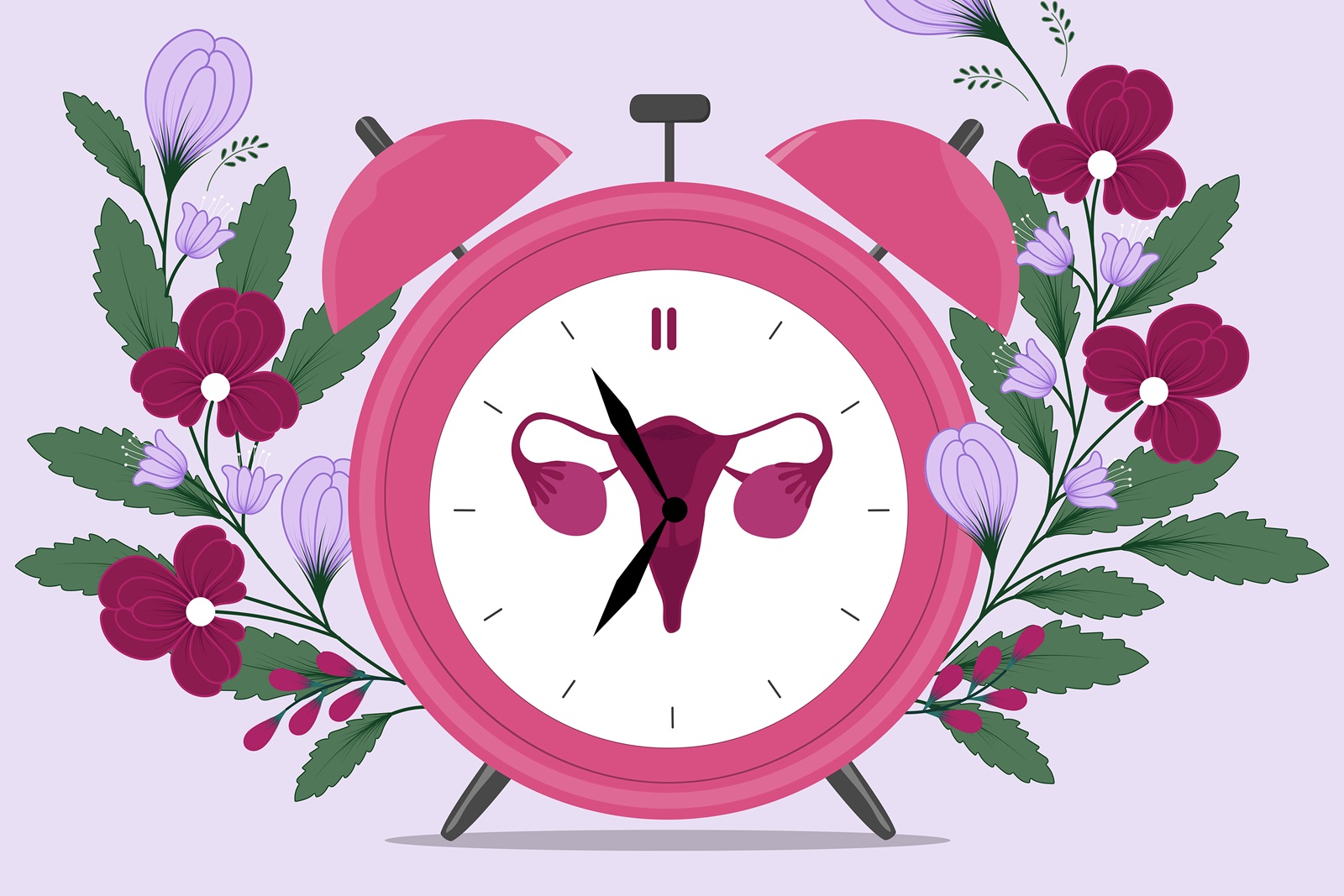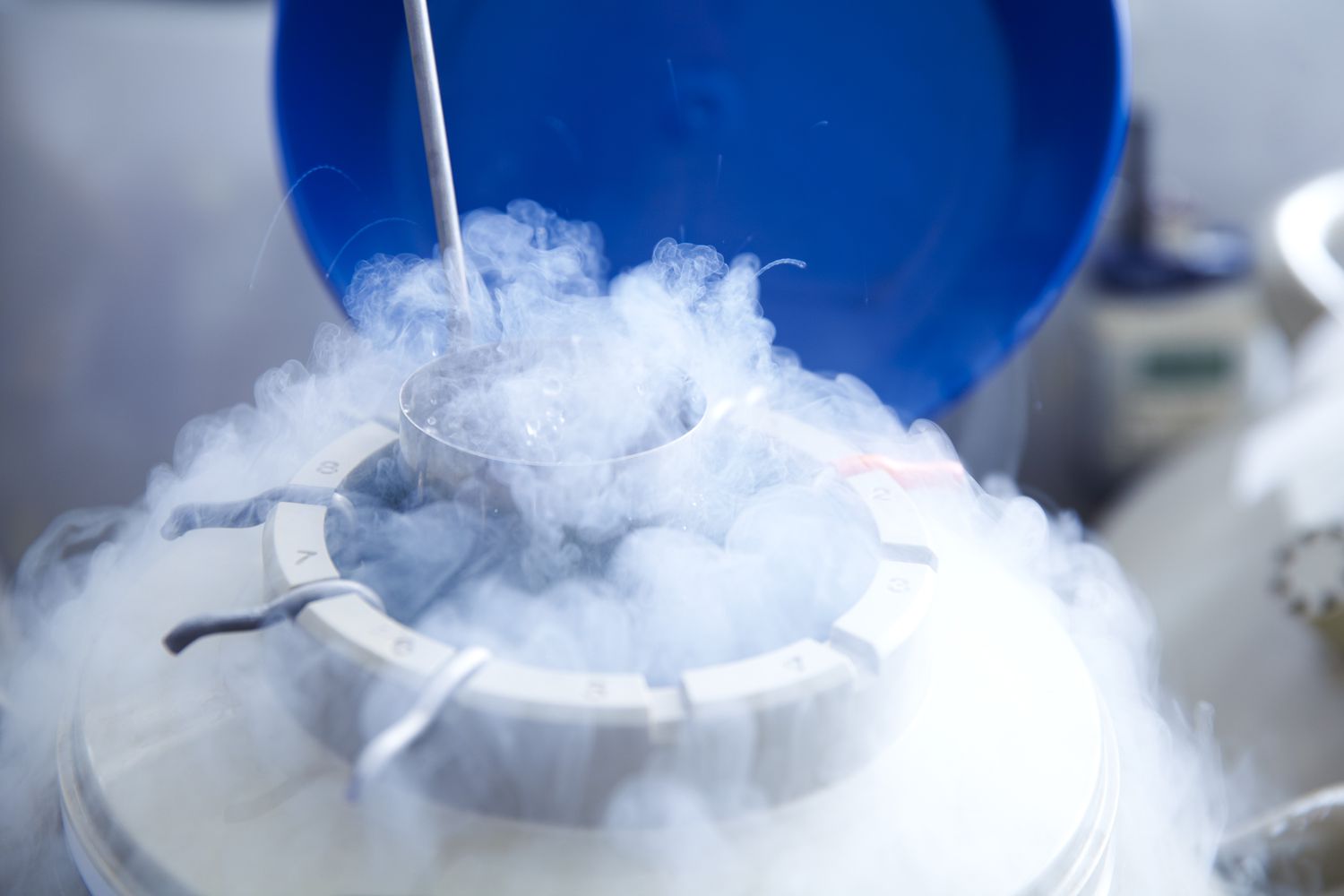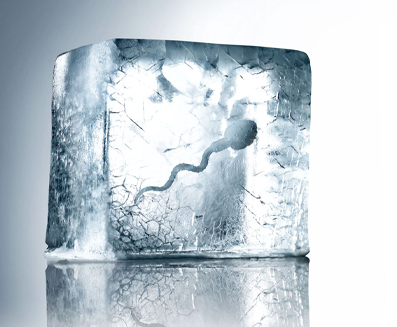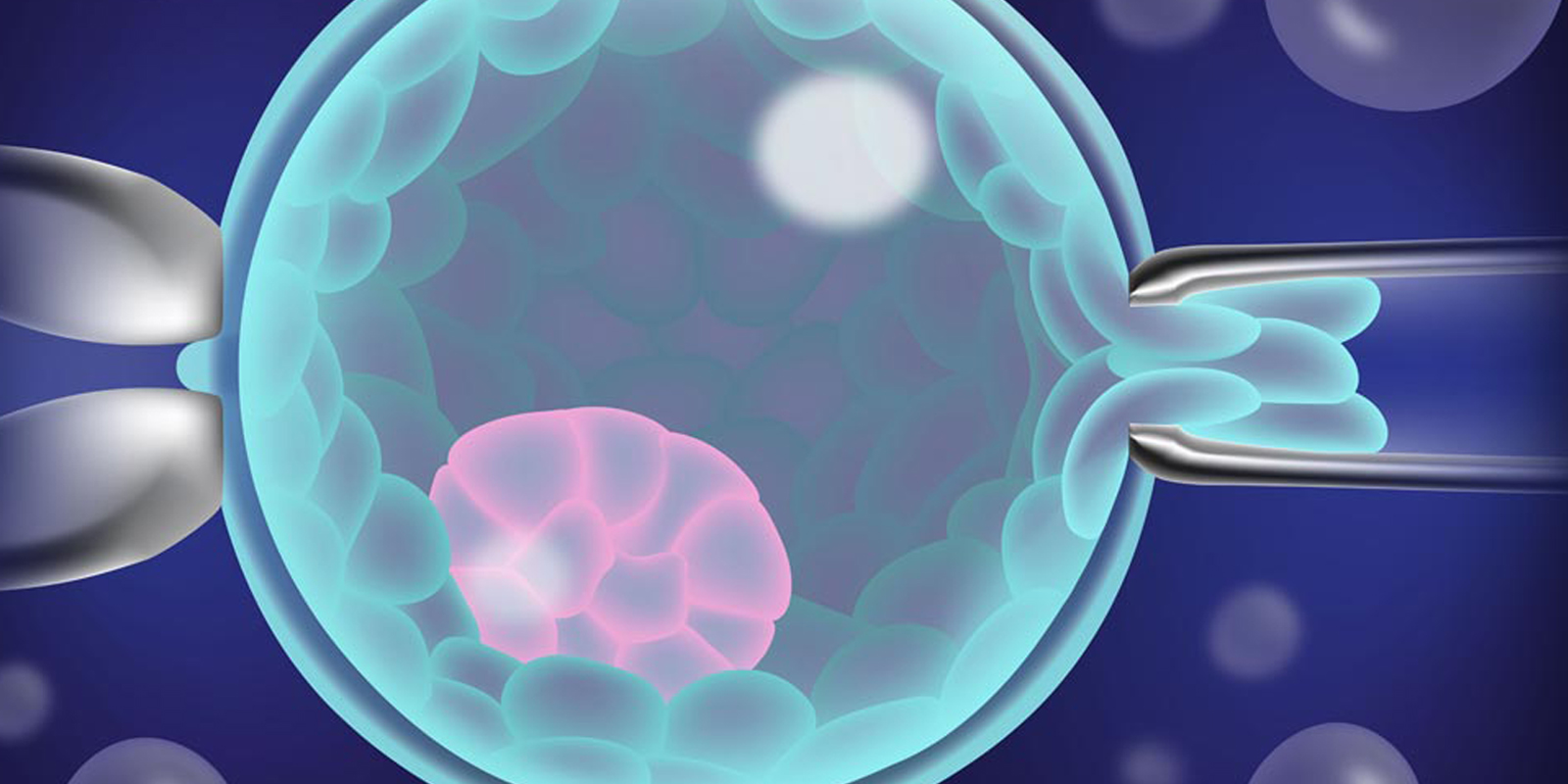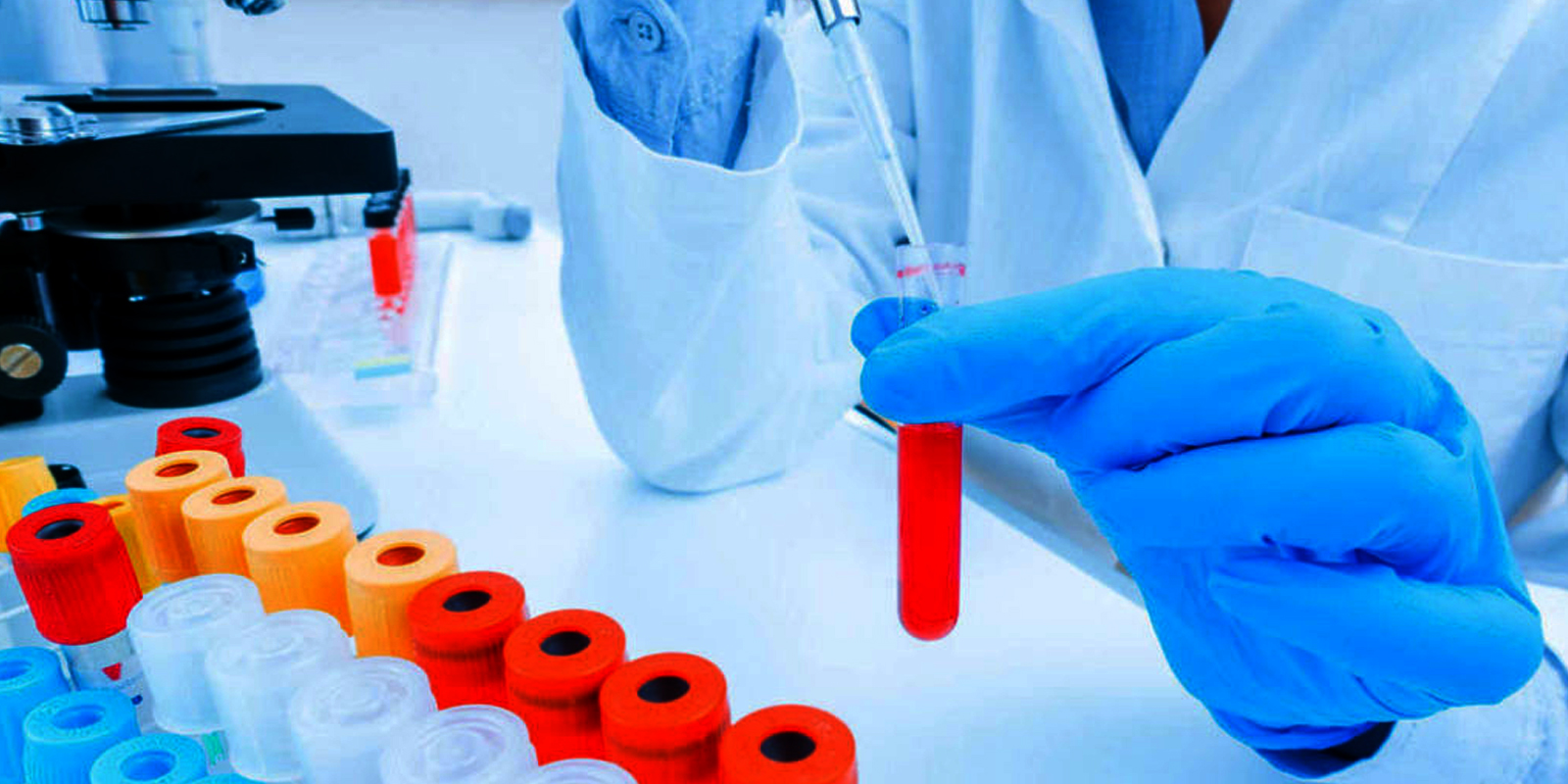Not ready to try for a baby just yet, but want the option to have kids in future? We offer a range of options to help you preserve your fertility.
Once collected, we use a flash freezing technique called vitrification for the preservation of eggs, embryos and sperm.
If you’re preserving ovarian and testicular tissue, we very slowly cool them down to protect their structure and function.
We will then provide storage for as long as you require.
Ways to preserve your Fertility
Egg Freezing
Egg freezing is a way to preserve your future fertility options. Just because your body is biologically at its peak for conceiving, doesn’t mean your mind or life situation is in the same place. If you would like to have a family one day, or just want to keep your options open, egg freezing can give you peace of mind about your future fertility.
Age is the most important determinant of IVF success. If you choose to use your frozen eggs to conceive in the future, the chances of successful IVF treatment will be based on the age at which you froze your eggs. For example: if you freeze your eggs at 30, then decide to use them when you’re 35 – you have the same chance as a 30-year-old to achieve an IVF pregnancy. Ultimately, the younger you are when you freeze your eggs, the better.
When you freeze your eggs with us, you can rest assured you are in safe hands.
Sperm Freezing
Freezing sperm is ideal for men who want to preserve their fertility. You may consider freezing your sperm if you:
- Are about to have a vasectomy or surgery
- Have a low sperm count that may decline to zero over time
- Need to start radiotherapy or chemotherapy, which may impair your fertility
- Are keen to undertake IVF or IUI treatment but cannot produce fresh samples of sperm during treatment.
Before you produce a sperm sample, we recommend you refrain from ejaculating or having sex for at least two days and no more than seven days prior. You can produce it in a private andrology suite at one of our clinics or at home. If you do it at home, it must get to our laboratory within one hour.
Freezing sperm in your 20s or 30s can be a good idea because recent studies have shown ageing can impact the quality of your sperm.
